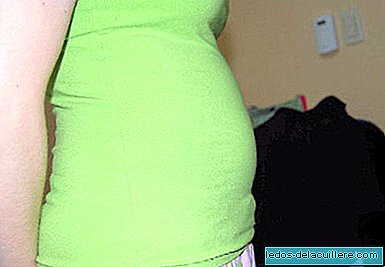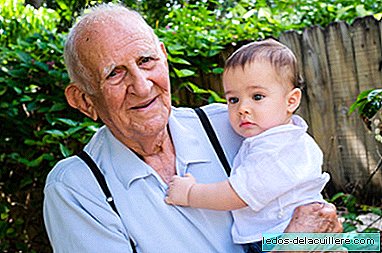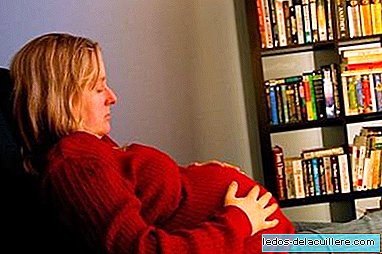
Nearly 16 million teenagers between the ages of 15 and 19 give birth each year in the world, the percentage of babies born to teenage mothers is 11%, although 95% of them are born in countries that are in the process offromdeveloping.
It is information from WHO, an organization that ensures 'Pregnancies and births among girls aged 10 to 14 are relatively rare'. And despite this statement, in Mexico and during the year 2011 more than 11,500 girls between 10 and 14 were mothers.
It has been the Network for the Rights of the Child of Mexico (REDIM) the organization that has given the alarm and aims to draw attention to a situation that also occurs in other countries (although with a lower incidence rate). For example, according to the National Statistics Institute, 177 births of girls under 15 years of age were registered in Spain during 2008. Mexico is the second country with the greatest abuse of children, behind Portugal, among 27 countries of the Organization for Economic Cooperation and Development. 'Much of this physical, sexual, psychological violence, it remains hidden and sometimes it is socially approved. '
This concealment and approval by families and communities, cause that 'most of these pregnancies in such small girls are result of sexual abuse, rape and social isolation'.
And social isolation is further accentuated (if possible) when a girl becomes pregnant and becomes a mother. Doubly pointed and doubly isolated: girls who are first sexually abused by an adult without anyone protecting them, and then are repudiated when they have their babies in their arms. They are Ultimately victims of a perpetual patriarchal structure and hypocritical thinking.
In the State of Jalisco, 465 girls aged 10 to 14 were mothers in 2011, four of them 10 years old
No doubt the country must recognize the institutional gaps that exist in the country to prevent and treat teenage pregnancy, especially in those girls from the most vulnerable social sectors in the exercise of their rights.
And after recognizing these gaps, protection measures must be established, and attention to girls who have been mothers, allowing them continue to acquire training that will help them to use the future. And nowadays, they are discriminated against from education.












